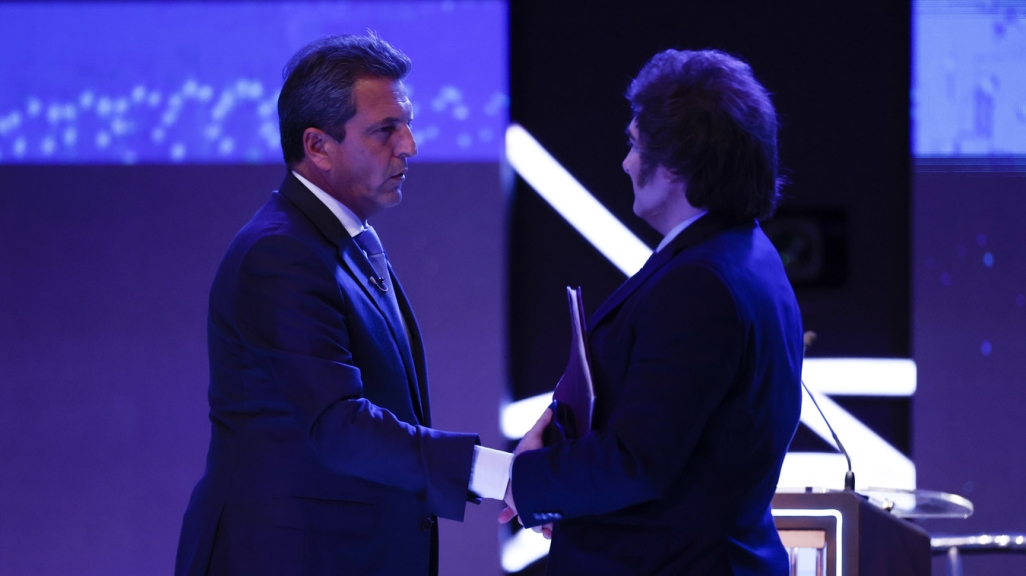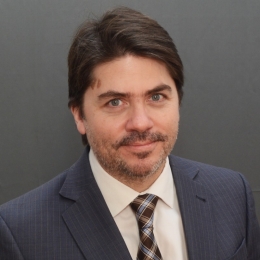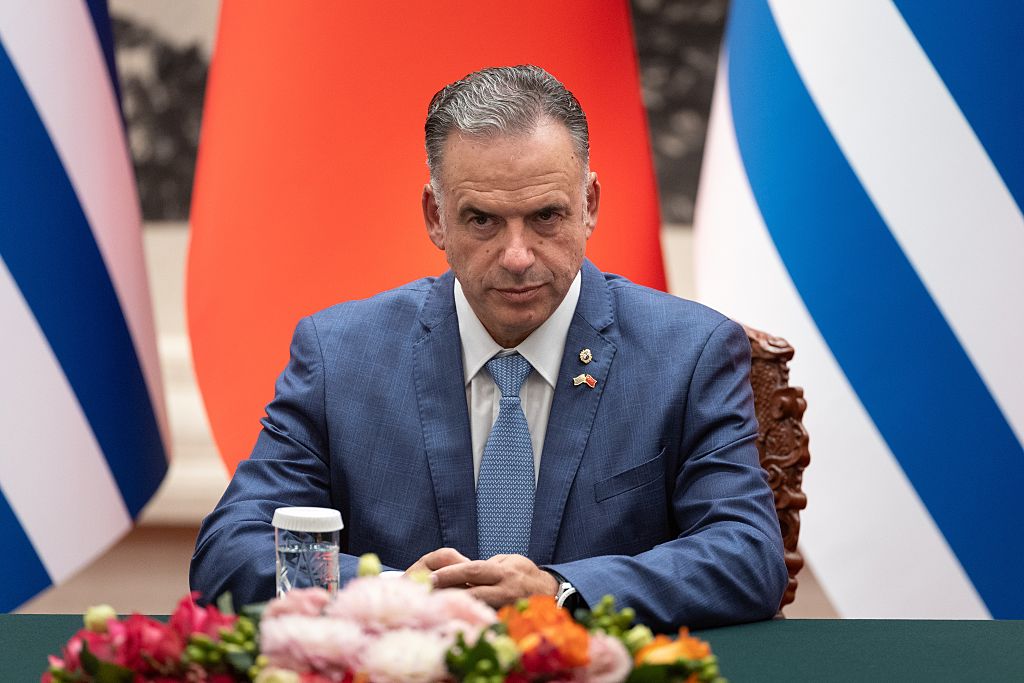AS/COA Insider: Juan Cruz Díaz on Twists and Turns in Argentina's Presidential Elections
AS/COA Insider: Juan Cruz Díaz on Twists and Turns in Argentina's Presidential Elections
"A few weeks ago, no one would have bet that [Sergio] Massa had a chance to be president," says the AS/COA senior advisor.
Argentinians went to the polls on Sunday, October 22 to elect a new president with the hope of picking a leader who could reverse years of economic decline. As such, it was a surprise when, with nearly all ballots counted early Monday, Economy Minister Sergio Massa came out on top with 36.7 percent of the vote. In the November 19 runoff, he’ll face anti-establishment candidate Javier Milei, who with 30.0 percent, beat out former Security Minister Patricia Bullrich’s 23.8 percent to claim the second spot.
"A few weeks ago, no one would have bet that Massa had a chance to be president," says Juan Cruz Díaz, managing director at Cefeidas Group and senior advisor at AS/COA. He explains why, despite Argentina going through its worst economic crisis in two decades, the sitting economy minister came in first, and he covers what people should be watching for in the path to the second round.
- To speak with an expert on this topic, please contact: mediarelations@as-coa.org
- Learn more about the candidates.
AS/COA covered votes in the Americas, from presidential elections to referendums.










